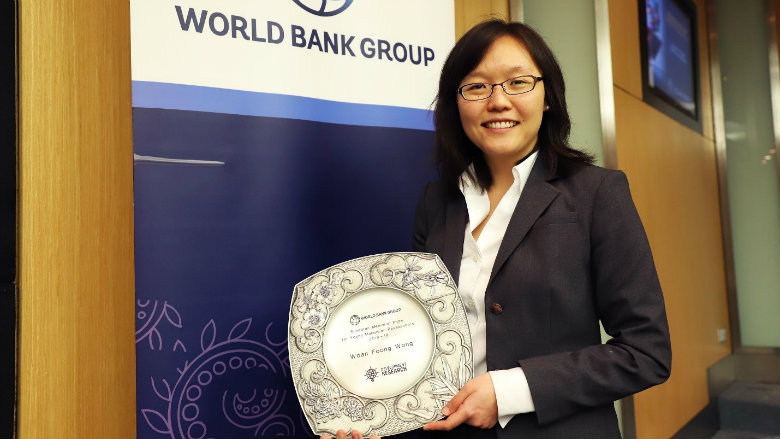Question: What inspired you to write about the implications of transport costs on international trade?
The reason I got into writing about trade and transport was through learning about shipping laws in the US. Typically, shipping from one port to another had several requirements for the sake of national security laws. But this also meant that the US shipping industry was quite protected, and thus uncompetitive and expensive. What I found intriguing was one particular feature of the transportation industry: when goods are moved from the US to China, for example, the ship carrying these goods will go back and forth due to its sheer size and containerization. And thus, this ‘bus-like’ schedule which I call the round-trip effect, creates very interesting interdependencies between countries in ways we would otherwise not think of.
Question: Why is this topic important for research and policy?
When we think about trade, we often don’t consider how trade actually happens. Quite a lot of logistics come into play here. I’m very interested in the mechanics of international trade and the interdependencies this creates. For example, when Malaysians buy goods from China, you will also have to engage logistical companies and containers to transport the goods. Due to the round-trip effect, if demand is affected by protectionist policies like tariffs, this will cause spillovers to the other direction. This shows us how tariffs could potentially backfire as countries may end up taxing their own exports to the very country that they are trying to hurt.
I work on understanding how trade costs are affected by transportation and this can be very relevant for policymaking. As a policymaker looking to impose tariffs, there are lots of these potential spillovers that should be considered. While we don’t usually see tariffs as the most efficient way of dealing with international trade, this round-trip effect is certainly another channel of consideration for policymakers that I aim to highlight.
Question: How do you feel about winning the Sundaran Memorial Prize for Young Malaysian Researchers and what is the impact you would like to see this award having?
I am extremely honored to have received this prestigious award. When I found out, it was during Thanksgiving in Seattle - and I was ecstatic! Interestingly enough, I had actually presented this paper at a seminar here at the World Bank Group Global Knowledge and Research Hub in Malaysia a few years ago where I received a lot of good feedback that I could apply to my research. Everyone at my department at the University of Oregon have been very excited for me. As I lecture there, this has also been a good avenue to open discussions with my students on my research agenda and to get them interested in pursuing research as a whole.

